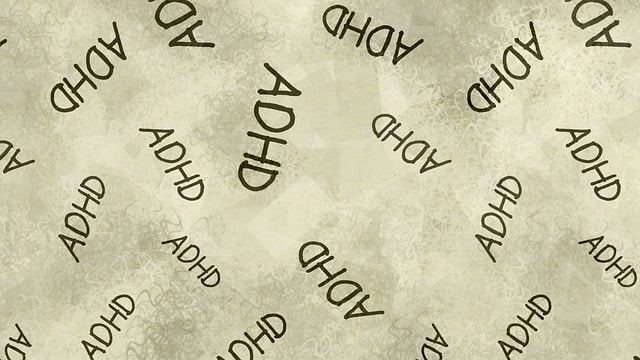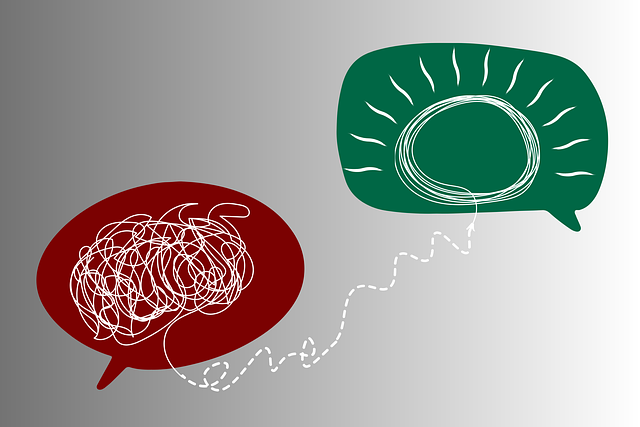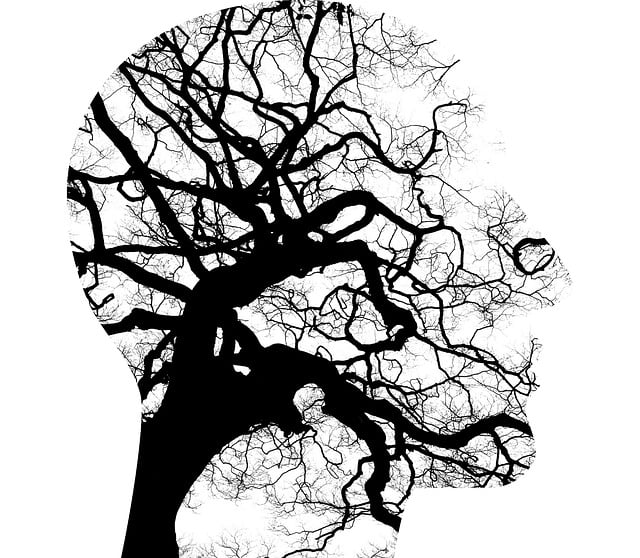Englewood Child Abuse Therapy (ECAT) emphasizes risk assessment as a cornerstone of mental health care, utilizing open dialogue and community engagement to reduce stigma and encourage client disclosure. Their proactive approach involves tailored interventions based on individual and community factors, integrating insights into care plans to drive positive change. ECAT's therapists balance ethical considerations, including confidentiality, self-care, and professional development, to mitigate burnout and secondary trauma risks. They adhere to stringent ethical standards while incorporating community outreach, robust self-care practices, and innovative training programs to ensure emotional well-being and enhance care quality for clients, particularly in complex cases.
Mental health professionals play a crucial role in helping others manage their well-being, but they also face unique risks. This comprehensive guide explores risk assessment techniques tailored to the specific challenges encountered at Englewood Child Abuse Therapy. We delve into understanding risk assessment, common threats like secondary trauma and burnout, ethical considerations for effective management, practical strategies implemented at Englewood, and the importance of continuous training. By examining these aspects, we aim to enhance safety and resilience among mental health practitioners.
- Understanding Risk Assessment in Mental Health Practice
- Common Risks Faced by Mental Health Professionals
- Ethical Considerations for Risk Management
- Practical Strategies for Mitigating Risks at Englewood Child Abuse Therapy
- Continuous Improvement and Training for Risk Assessment
Understanding Risk Assessment in Mental Health Practice

In the realm of mental health care, risk assessment is a cornerstone of effective practice. It involves systematically identifying and evaluating potential hazards and vulnerabilities among clients, enabling professionals to deliver tailored interventions. At Englewood Child Abuse Therapy, we understand that mental illness stigma reduction efforts significantly influence this process. By fostering open dialogues and implementing robust community outreach program initiatives, we aim to create an environment where clients feel safe to disclose risks openly. This proactive approach ensures that risk management planning for mental health professionals is not just a theoretical concept but a lived practice aimed at enhancing client outcomes.
Through rigorous risk assessment, mental health practitioners can anticipate potential challenges and implement preventative measures. This involves considering not only individual client factors but also community-level influences that might exacerbate mental health issues. By integrating these insights into their care plans, therapists and counselors at Englewood Child Abuse Therapy strive to provide comprehensive support tailored to each client’s unique needs, thereby fostering positive transformations in their lives.
Common Risks Faced by Mental Health Professionals

Mental health professionals, including therapists and counselors, often find themselves at a unique intersection of intense emotional demands and complex ethical considerations. This inherent nature of their work exposes them to several common risks that can impact both their well-being and practice integrity. One of the primary challenges is the high risk of stress management and burnout. The constant exposure to traumatic stories, intense emotions, and personal struggles from clients can take a significant toll on these professionals’ mental health. This, in turn, may lead to reduced coping skills development and compromised mood management, affecting both their professional efficacy and personal lives.
Moreover, the sensitive nature of their work demands exceptional ethical judgment and discretion, which can be challenging to maintain under constant pressure. Mental health practitioners must often grapple with issues like confidentiality breaches, boundary crossings, and the potential for self-disclosure from clients, all of which require meticulous navigation. The risk of secondary trauma, where professionals indirectly experience the distress of their clients, is also prevalent, particularly in cases involving severe child abuse or complex family dynamics, as seen in Englewood Child Abuse Therapy. These risks underscore the importance of robust support systems, self-care practices, and ongoing professional development for mental health professionals.
Ethical Considerations for Risk Management

Mental health professionals are held to a high ethical standard, and risk management is an integral part of upholding these principles. When assessing risks, therapists and counselors must consider the well-being of both their clients and themselves. At Englewood Child Abuse Therapy, for instance, ethical considerations play a pivotal role in ensuring safe and effective treatment. This includes prioritizing confidentiality while maintaining a balanced approach to disclosure, which is crucial for both emotional healing processes and preventing potential harm.
Professionals are encouraged to implement robust self-care practices as part of their risk management strategies. By doing so, they can mitigate burnout, improve resilience, and ensure they remain equipped to support their clients effectively. Moreover, integrating community outreach program implementations can further enhance risk assessment capabilities, fostering a broader understanding of potential risks and resources available within the wider community.
Practical Strategies for Mitigating Risks at Englewood Child Abuse Therapy

Englewood Child Abuse Therapy has pioneered practical strategies to mitigate risks within their practice, ensuring the emotional well-being promotion techniques are robust and effective. They emphasize a multi-faceted approach that includes regular staff training in social skills training and emotional intelligence. These initiatives help professionals recognize potential triggers, manage stress, and build resilience against burnout.
By fostering an environment of open communication, ongoing supervision, and accessible support systems, Englewood Child Abuse Therapy aims to safeguard their team’s mental health. This holistic strategy not only enhances the quality of care they provide but also empowers professionals to effectively navigate complex cases, ultimately benefiting the children and families they serve.
Continuous Improvement and Training for Risk Assessment

At Englewood Child Abuse Therapy, we believe that continuous improvement is key to effective risk assessment practices within mental health professions. Regular training sessions and workshops focused on updating skills and knowledge are essential components of our Mental Health Education Programs Design. These programs not only cover foundational aspects of risk assessment but also delve into advanced topics like conflict resolution techniques, crucial for navigating complex client scenarios.
By fostering a culture of ongoing learning, professionals can stay abreast of the latest research and best practices in risk assessment. This proactive approach ensures that they are equipped to handle emerging challenges and adapt their strategies accordingly. Conflict Resolution Techniques play a pivotal role in managing high-risk cases, promoting positive outcomes, and maintaining a safe therapeutic environment for all involved.
Risk assessment is an indispensable component of mental health practice, particularly in high-risk settings like Englewood Child Abuse Therapy. By understanding common risks, adhering to ethical considerations, and implementing practical strategies, professionals can effectively mitigate potential hazards. Continuous improvement through training and ongoing evaluation are crucial to enhancing safety for both clients and practitioners. This holistic approach ensures that Englewood Child Abuse Therapy maintains the highest standards of care, fostering a secure environment where healing can thrive.














